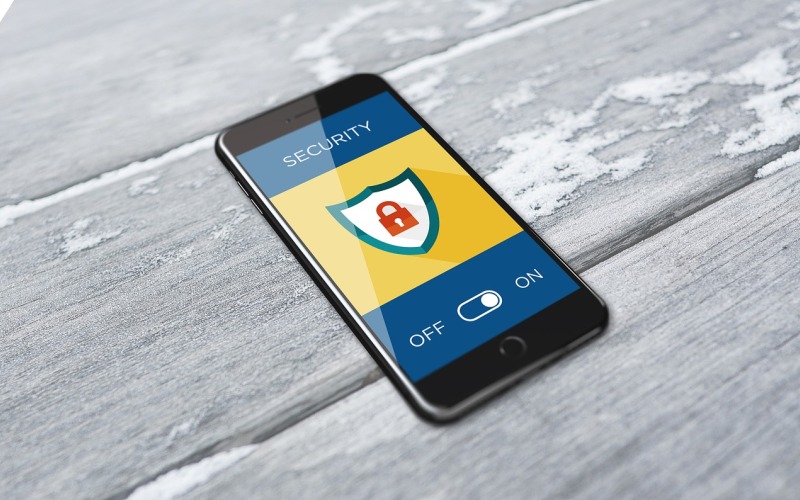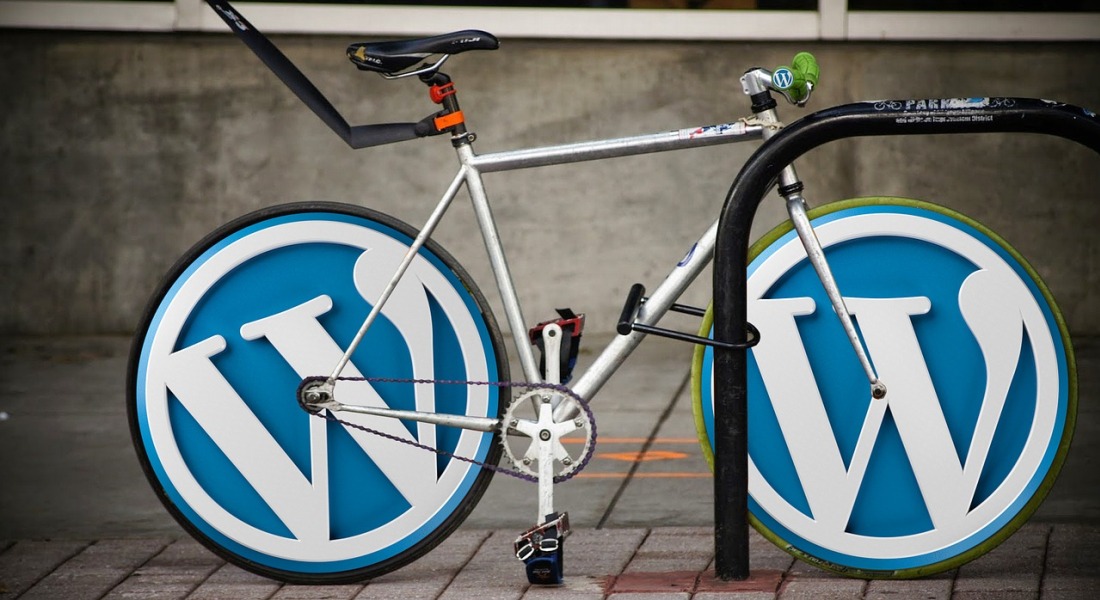WordPress, as you already know, is the world’s leading content management system. Naturally, it is also one of the prime targets of malicious hackers who lurk around the web.
Some people will try to hack your website, steal data, or infect it with viruses and malware. Such situations can be avoided by proper security measures like installing specific plugins or services. However, too many of these security plugins can be rather heavy, and affect the performance of your website – for example; it might lower the loading speed.
So how do you strike a balance between performance and security? If your site is not functioning optimally, then you also won’t be able to increase conversion or sales. But you can’t also compromise on security as you will put your visitors as well as yourself in danger. So how can this dilemma be handled?
Well, if you are stuck in the boat we described above, then you have come to the right place. In this read, we will discuss how to adjust security and performance of your WordPress site, so that everything functions optimally.
1. Focus on Security and Speed from the Start

Regardless of your site being two days old or 2 years old, it is vulnerable to attack. So instead of waiting till you reach a preferable number of daily visits, it is advised that you keep yourself engaged with the best practices from day one.
Here are some tips and tricks that will keep you safe from the majority of hack attempts, including SQL injections, cross-site scripting, and so on.
- Always have the latest version of WordPress installed and have the latest version of PHP set on your server
- Use a unique username, instead of the generic “admin”
- Make a strong password composed of a lower case and upper case characters, numbers and special characters
- Limit the number of login attempts
- Turn on Two-Factor Authentication
- Double Check that file permissions are correct
- Use a light-weight theme/framework
- Minify Javascript and CSS files
- Reduce image sizes
- Include a CDN on your site
- Optimize your database and reduce calls
- Don’t upload videos to your site directly. Upload them elsewhere and embed them on your site.
All these tips are easy to follow, won’t affect your site’s performance, and will protect you from a multitude of hacking attempts.
2. Use SSL Certification

Unlike plugins, SSL certificates, if configured correctly, has the potential to increase your site’s security level without compromising load time. In fact, HTTPS encryptions are favored by Google’s search algorithm, so you also have a chance of gaining more traffic.
There are sources confirming that half of the web is now encrypted using SSL certifications, which clearly shows its efficiency. Now yes, an improperly installed SSL certificate does come with the chance of slowing down websites. But there are many guides that will help you configure them correctly.
3. Pick your Web Host Smartly

If you are planning to start blogging or set up a website, you will need to select an appropriate web host first. People tend to pick a web host, solely based on the bandwidth limitations, storage, price or similar factors. However, did you know that your web host plays a significant role in the performance and safeguarding of your website?
If your hosting provider covers much of the security aspects, then you don’t need to install redundant plugins that lower your site’s speed. Hence it would be smart to pick a web host that covers some security areas, even if it costs a few extra bucks.
There are several hosting options available, such as shared, dedicated, or VPS hosting. If you’re just starting out, a good shared hosting will give you the most value for money.
Key hosting industry players such as SiteGround, WPEngine and Kinsta are trusted by millions of users worldwide. They promise and deliver high website loading speed, top-notch security, 24/7 customer support. So, if you want to be a smart investor, you can choose from one of the above options. Also, here are some security features for which you should keep an eye out while picking the most suitable web host:
- RAID: It is a special system for protecting data even if the server crashes.
- A Secure DataCenter: This will make sure your data isn’t damaged by natural or humane (intruder) cases.
- Backups: Backing up data for emergency instances is necessary. If your hosting provider handles this issue, then you will not have to bother about downloading a backup plugin, hence saving the space for a security plugin.
- SSDs: SSDs are faster than HDD, and it makes perfect sense to pick web hosts that provide SSDs for storage.
- Server-Side Caching: Caching can drastically improve page load times as well.
4. Install only Necessary Plugins and Maintain Them
Some plugins go defacto with any WordPress website. And you might need to install some others to avail features specific to your niche. But do ask yourself from time to time, “Do I really need this Plugin?”
You see, if your site has too many plugins, that would mean too many lines of code that can be used by the hackers to crack into your system. According to statistics, more than 50% of WordPress vulnerabilities are due to poorly coded or outdated plugins. So not only is it necessary to keep only the necessary plugins, but it is also important to update them at regular intervals. Plugins that have not been updated in a while are prone to malicious attacks. In a nutshell. if the plugin developers have abandoned the plugin, you should too.
Since we are talking about security issues with plugins, let us throw in some bonus help. The WordFence Security plugin is a highly recommended security plugin which features a threat Defense Feed to ensure maximum website safety. With this plugin installed, you have a comprehensive WordPress security solution available.
The same advice applies to WordPress themes you use as well. You can only use one theme at a time. Hence it makes no sense to have two or three other themes installed on your site. Also, never miss out on any updates.
Outdated codes are vulnerable to specific attacks.
5. Hire Professionals for WordPress Customization

Most WordPress users are inexperienced regarding web technology. Using website builders might be convenient but if you are planning on making extensive changes/customization to your WordPress site, we recommend that you hire a WordPress developer.
A professional-level developer knows all common ways a hacker can get into your system, and so he/she will try to make their code as secure as possible. Also, you might want to hire security professionals to make a security source code audit on your site. There is a common misconception that such services are costly. In fact, WordPress websites and blogs are subject to change and customizations every few months, and so, if you plan out a long-term project, it will save you money as well as provide you with excellent benefits.
In Conclusion:
Hope you found this read to be helpful. Do share this read with your friends who are also facing similar issues. Also, if you happen to know some other tips and tricks worth including, then leave them in the comments section below. Thank you for your time.

